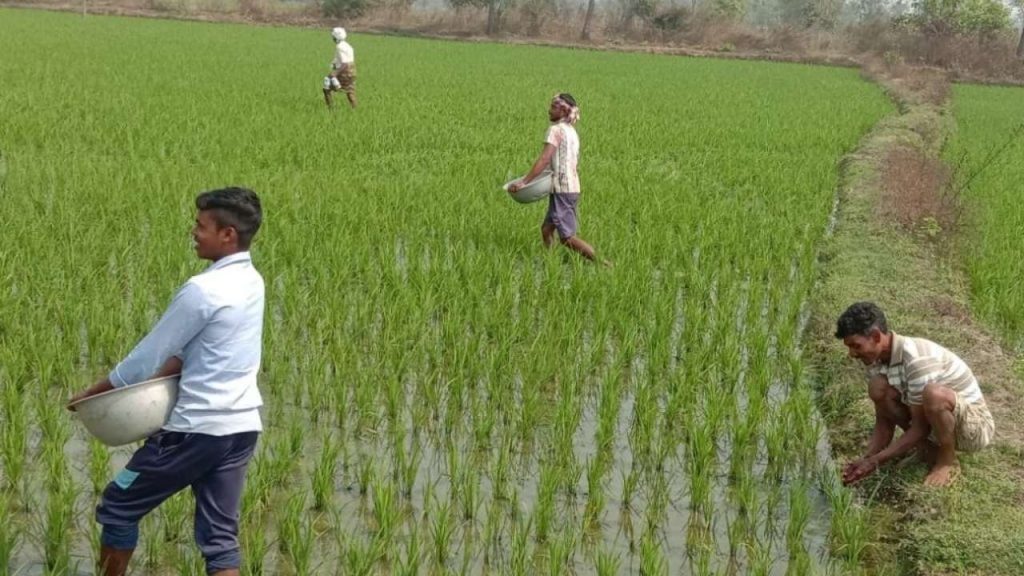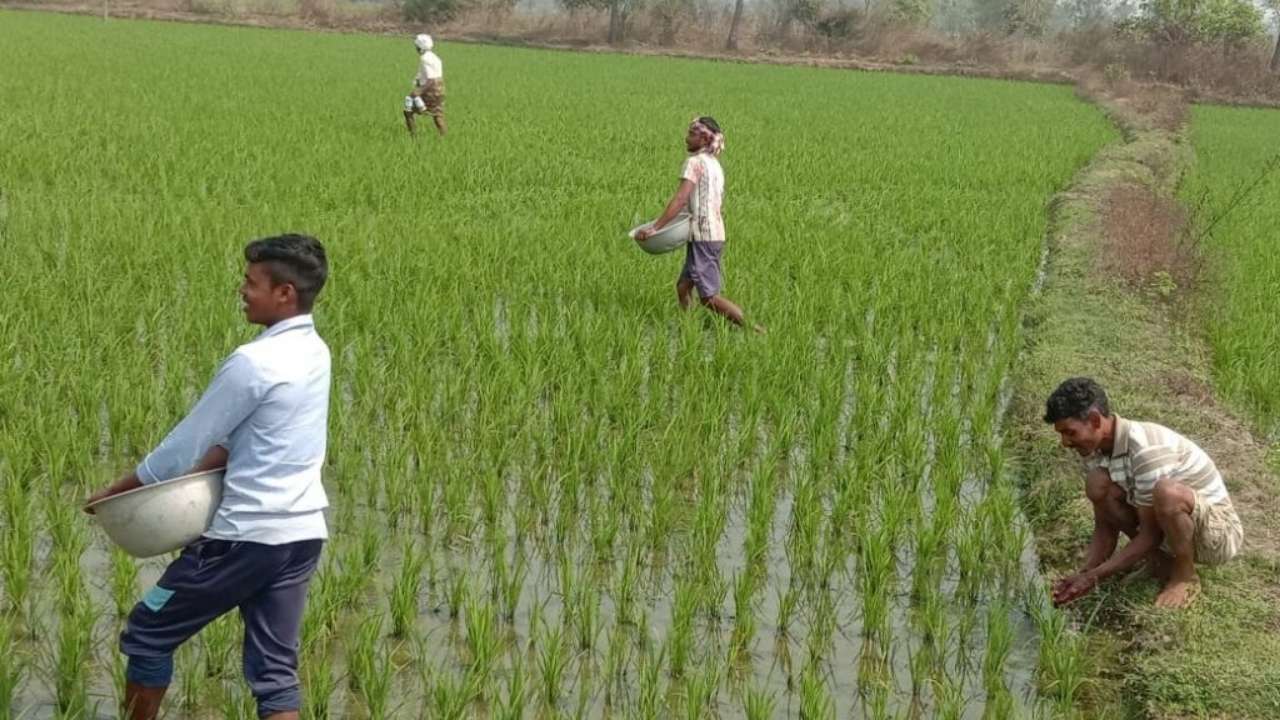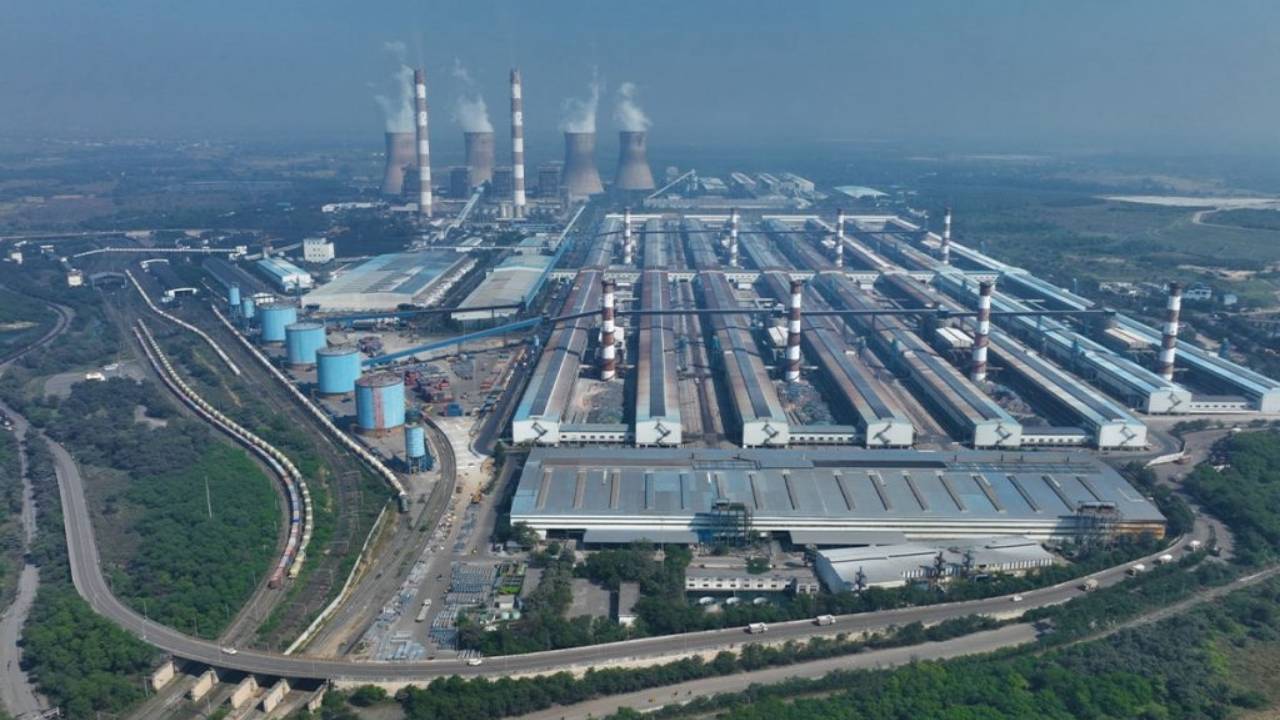In the heart of India’s agricultural landscape lies Odisha’s Bargarh District, a region that plays a significant role in the nation’s rice production. However, the district is currently facing a fertilizer crisis that’s impacting local farmers and threatening to disrupt the upcoming kharif (monsoon) sowing season. Farmers in Bargarh are reporting widespread black marketing and hoarding of essential fertilizers like Di-Ammonium Phosphate (DAP) and Gromor, leaving many without the crucial supplies they need to grow their crops. In this article, we’ll dive into the details of this crisis, explore the effects on local agriculture, and offer advice on how farmers and authorities can work together to overcome these challenges.

Odisha’s Bargarh District Faces Fertilizer Crisis
| Topic | Details |
|---|---|
| Fertilizer Shortage | Farmers in Bargarh face a significant shortage of DAP and Gromor. |
| Black Marketing | Private dealers accused of hoarding and selling at inflated prices. |
| Price Hikes | Fertilizer prices are being inflated beyond government-mandated rates. |
| Farmer Impact | Over 3.5 lakh hectares of crops at risk due to the crisis. |
| Government Action | Authorities are conducting surprise inspections to curb black marketing. |
| Previous Incidents | A similar crisis occurred in 2020, with urea being sold at inflated rates. |
| Source | New Indian Express |
The fertilizer crisis in Bargarh District serves as a stark reminder of the challenges that farmers face in today’s agricultural landscape. Black marketing and hoarding of essential fertilizers threaten to derail the upcoming harvest, impacting not only the farmers’ income but also the food security of the region. While the government is taking steps to address the issue, it is clear that a long-term, multi-pronged approach is needed. By staying informed, organizing collectively, and advocating for stronger enforcement, farmers and authorities alike can work together to ensure that such crises do not become the new normal.
Fertilizer Crisis in Bargarh: What’s Going Wrong?
Bargarh District is one of Odisha’s largest agricultural hubs, responsible for cultivating a significant portion of the state’s rice. The region primarily relies on fertilizers like DAP and Gromor to nourish crops like paddy during the kharif season. But this year, things aren’t looking good.
Farmers are facing a severe shortage of these key fertilizers, which are essential for ensuring a healthy harvest. The problem goes beyond mere unavailability. Widespread allegations of black marketing and hoarding are making the situation worse.
Black marketers, according to local farmer organizations, are not only withholding fertilizers to artificially drive up prices but are also demanding that farmers purchase other products, like nano-fertilizers or micronutrient supplements, in exchange for fertilizers that they desperately need.
What’s Happening on the Ground?
Farmers in Bargarh are crying foul. Despite government regulations that cap the price of fertilizers at ₹1,350 per bag, many are being forced to pay up to ₹1,700 due to the black market. It’s a bitter pill to swallow, especially when it’s clear that these inflated prices will eat into their already slim profit margins.
The Sanjukta Krushak Sangathan, a collective representing 15 farmer organizations, has raised alarms about the ongoing crisis. They have accused local fertilizer dealers of exploiting the situation for personal gain, essentially hoarding large quantities of essential fertilizers and only releasing them under questionable conditions.
The Price of Fertilizer: A Snapshot
| Fertilizer Type | Government Price | Black Market Price |
|---|---|---|
| DAP | ₹1,350 per bag | ₹1,700 per bag |
| Gromor | ₹1,350 per bag | ₹1,700 per bag |
The gap between the government-mandated prices and what farmers are actually paying highlights the scale of the problem. This price inflation, combined with the shortage, is causing serious financial strain for farmers who are already battling unpredictable weather patterns and rising operational costs.
Why Fertilizer Matters for Paddy Cultivation
Fertilizers are crucial for rice cultivation, particularly during the kharif season when the monsoon rains provide the much-needed water for crops. Fertilizers like DAP provide essential nutrients such as nitrogen and phosphorus, which promote healthy plant growth, enhance root development, and improve overall yields. Without them, paddy plants struggle to thrive, leading to poor harvests and, ultimately, reduced income for farmers.
For Bargarh’s farmers, the cost of fertilizers is already high enough, but without timely access to these supplies, the situation becomes even more dire. The district has over 3.5 lakh hectares under cultivation, with 2.3 lakh hectares dedicated to paddy cultivation alone. With so much at stake, timely access to fertilizers is critical.
Government’s Response: Is it Enough?
The government has acknowledged the issue and has started to take action. The Agriculture Department has initiated surprise inspections at fertilizer dealers, sub-dealer outlets, and storage godowns to check for discrepancies in stock and sales. These inspections aim to ensure that fertilizers are being sold at the government-mandated prices and to curb hoarding by unscrupulous dealers.
However, despite these efforts, the problem persists. Some farmers argue that while inspections are happening, they often come too late or aren’t stringent enough to have a meaningful impact.
A History of Fertilizer Scandals
The current crisis is not the first time Bargarh has dealt with fertilizer shortages and black marketing. In 2020, a similar situation arose when farmers reported paying ₹600 per quintal for urea instead of the ₹266.50 per quintal rate set by the government. During that year, authorities seized over 665 packets of urea from black marketers, underscoring the severity of the issue.
The repeated nature of these incidents indicates a deep-rooted problem in the fertilizer supply chain that requires long-term solutions, not just temporary measures.
What Can Farmers Do to Protect Themselves?
While it’s clear that government intervention is necessary to tackle black marketing, farmers can take some steps to mitigate the impact of the crisis on their crops:
1. Know the Rules and Prices
Farmers should familiarize themselves with the government’s Maximum Retail Price (MRP) for fertilizers. Having this knowledge can help them identify when they’re being charged unfair prices.
2. Build Community Networks
Farmers should consider joining farmer cooperatives or local farmer organizations. These groups often have the collective bargaining power to negotiate better prices for fertilizers or even work together to monitor black market activity.
3. Report Irregularities
If farmers notice irregularities, such as inflated prices or unexplained shortages, they should report these issues to the Agriculture Department or local authorities immediately.
4. Look for Alternatives
While fertilizers like DAP are essential for paddy cultivation, exploring alternatives such as organic fertilizers or bio-based solutions may help reduce dependence on commercial fertilizers and improve soil health.
The Role of the Government in Ensuring Fairness
The government needs to take stronger action to ensure the availability of fertilizers at affordable prices. This includes:
- More frequent and rigorous inspections of dealer inventories and sales records.
- Stricter penalties for dealers found guilty of hoarding or selling at inflated prices.
- Transparency in the fertilizer distribution process, so farmers know when and where supplies will be available.
By holding unscrupulous dealers accountable, the government can help ensure that fertilizers are available to farmers at fair prices, which will directly benefit agricultural productivity.
Transforming Odisha’s Rural Economy: A Strategic Agrarian Renewal Approach
Patients Left Waiting Under the Open Sky for Blood Tests at SCB Due to Lack of Shed
11 Days Before Tragic Self-Immolation, Odisha Student Warned of Suicide
FAQs
1. What fertilizers are essential for paddy cultivation?
Fertilizers like Di-Ammonium Phosphate (DAP) and Gromor are essential for providing key nutrients such as nitrogen and phosphorus, which help in the healthy growth of paddy plants.
2. Why is black marketing happening in Bargarh?
Black marketing happens when dealers hoard fertilizers to create an artificial shortage, allowing them to inflate prices and sell at a profit. This practice exploits farmers who rely on affordable fertilizers for their crops.
3. How can farmers protect themselves from inflated prices?
Farmers should stay informed about government prices, join farmer organizations, report irregularities, and explore alternative fertilizers when possible.
4. What action is the government taking?
The government has initiated surprise inspections and is taking legal actions against hoarding and black marketing. However, more needs to be done to ensure fairness.





